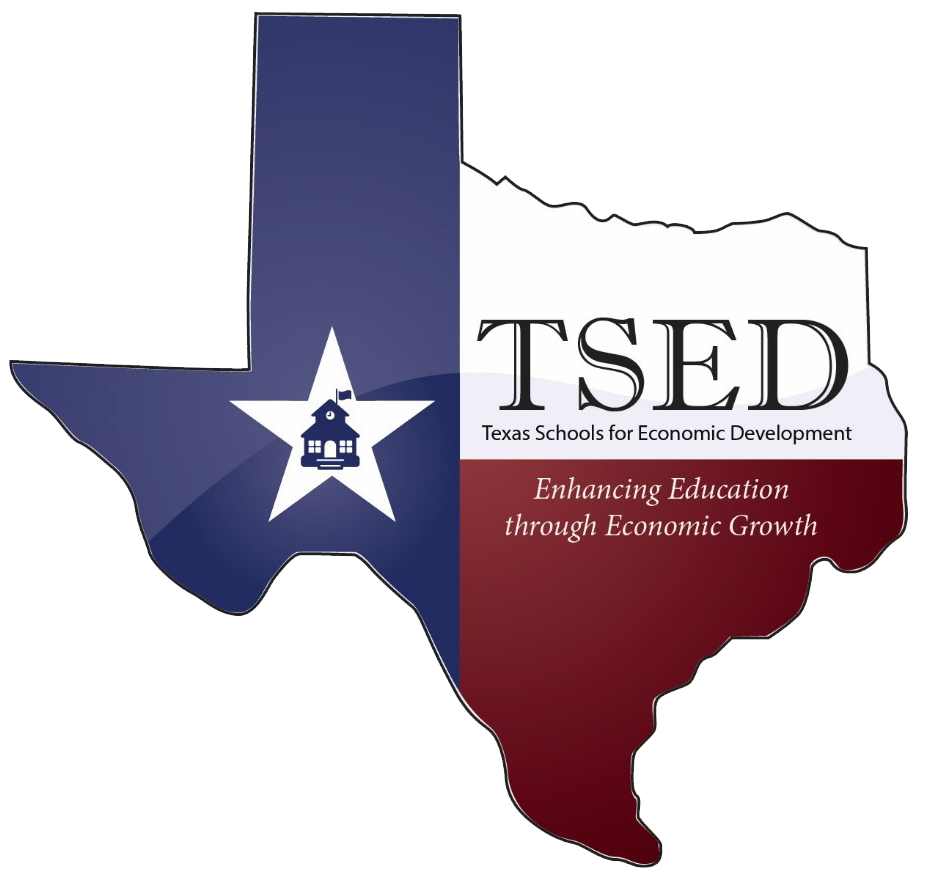Introduction to Chapter 313 Agreements for Superintendents and Boards
What is a Chapter 313 Agreement?
Chapter 313 of the Texas Tax Code serves as a major incentive to promote economic development in the State of Texas. Texas’ relatively high local property taxes can serve as an obstacle to businesses considering whether to locate here. Chapter 313 allows school districts, under specific conditions, to limit the taxable value of a business with respect to M&O taxes for a period of ten years. For example, a qualifying business that is investing $150 million in capital improvements can apply for a value limitation that instead would cap its M&O taxable value at $30 million for ten years, after which the business would begin paying taxes on the full appraised value. I&S taxes would be paid on the full value of $150 million.
What are the benefits to the school district? Should we do this?
In addition to supporting local economic development, 313 Agreements add value to the tax rolls (full value for I&S). Through job creation and commerce, 313s provide growth for the local economy. The District receives payment from the taxpayer that makes up the loss of school revenue due to the reduced taxable value of the property. Because this is a state incentive, the 313 program is funded from state, rather than local, revenue. School districts can also receive annual payments of $100 per ADA for a period of 10-16 years. These payments to the District are not subject to recapture, are not considered tax revenue for school funding purposes, and can be used by the District without restriction.
Which businesses are eligible to apply for a Chapter 313 Agreement?
New projects in connection with the following sectors are eligible for 313 Agreements:
- Manufacturing
- Research and Development
- Energy Generation (Clean Coal, Renewables, Nuclear, Integrated Gasification)
- Computer Center which supports one of the above activities
- Texas Priority Project (more than $1 Billion investment)
The business must also meet the following criteria for the Comptroller to deem it eligible for a 313 Agreement with a school district:
- The agreement is the determining factor in the decision to locate in the state;
- There must be a greater overall economic benefit to the state than to the business (as determined by the Comptroller);
- It must generate a minimum number of jobs at 110% of the county average (may be waived),
- The project is eligible for the incentive (see eligible industries above); and
- The business must meet a minimum investment required for that county.
What should I do if our District is approached about a 313 Agreement?
Contact experienced legal counsel who can help the District determine whether a 313 Agreement will benefit your school district. Engage with a firm that only represents school districts – not the industry. Negotiations should reflect the unique needs of the district and the opportunities offered by the industry. The industry must pay an application fee to the District which covers all of the District’s costs in seeking sound advice from expert attorneys and financial advisors related to a possible 313 Agreement. Therefore, there is no cost to the District to consider whether a 313 Agreement is a benefit to the District.

